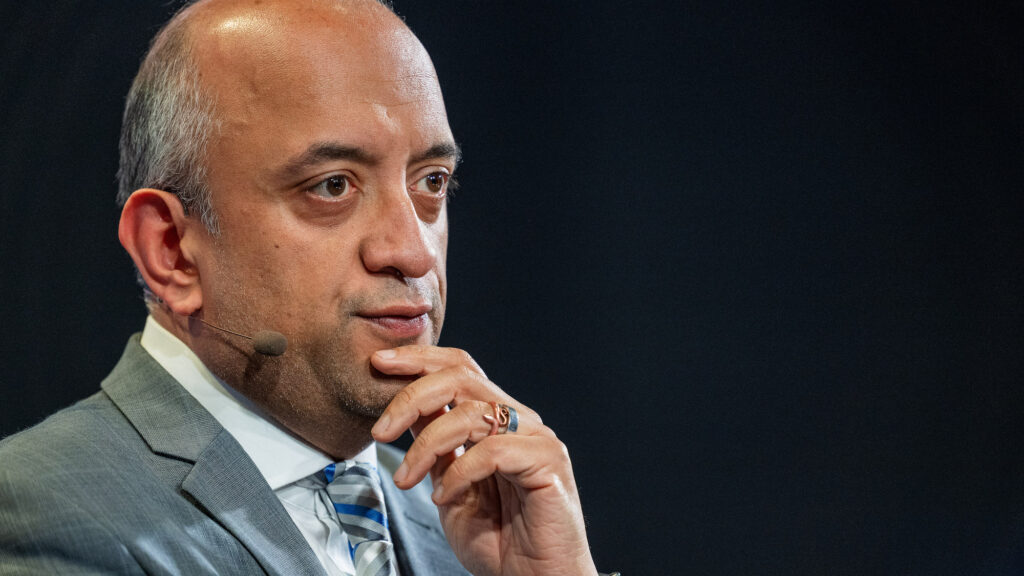INTERVIEW | Bad financial infrastructure management can make headlines, but good running rarely does. In this five-year lookback interview, Cboe Clear Europe CEO Vikesh Patel shines a light on operational victories he sees as results from hard and systematic efforts behind the curtains of the clearinghouses.
This five-year lookback interview is our ninth one in a series. It was published also in our freely downloadable jubilee magazine.
Asked for three bullet points to sum up his takeaways from the years since 2018, Vikesh Patel delivers a two-in-one package. Looking conceptually at the trends that drive his daily discussions with Cboe Clear co-workers and clients, he singles out major events (closely tied with geopolitics), technology advancement, and resiliency.
To zoom in on the clearing-specific aspects, however, we jump straight to his second list, which looks at the real-life changes observed through the clearing industry. To some extent, these reflect the big drivers.
My 5-year observations
Vikesh Patel, CEO, Cboe Clear Europe
• Open access and competition in the clearing industry.
• Innovation, including new asset classes and new forms of delivery-versus-payment being explored.
• Improved scalability and resilience of the industry – a result of investment, focus and attention.
“Over the last five years, through regulation, industry initiatives – and infrastructure initiatives – there’s no doubt that a lot of progress has been made on open access and competition,” says Vikesh Patel.
For his own clearing business, he describes this development as fundamental.
“We access more venues, with evermore venues making themselves accessible, and more CSDs making themselves accessible to remote members. That has been good for the market, for growth, and for clients.”
On the point of innovation, Vikesh Patel observes progress at a pace that is “pretty phenomenal”.
“Today we talk about tokenised assets, stable coins, central bank digital currencies, and moving towards real time delivery-versus-payment processes, with settlement cycles shortening. The innovation and automation that has happened, and that will continue, have been game changing,” he says.
Investment has gone into shifting batch processing towards real-time, and the flexibility in extracting insights from data.
“That’s all adding to a more efficient front-to-back market, better liquidity, better processes for people to raise capital, and to have deep capital markets.”
His third bullet point is financial infrastructures’ ability to meet scale.
“We have seen huge volume spikes, huge geopolitical events, sanctions regimes that have changed very quickly, and we have needed to change quickly to meet the recent geopolitical environment whilst giving certainty. And we’ve seen the industry keep up with that – with good resiliency, minimal issues, and minimal downtime.”












